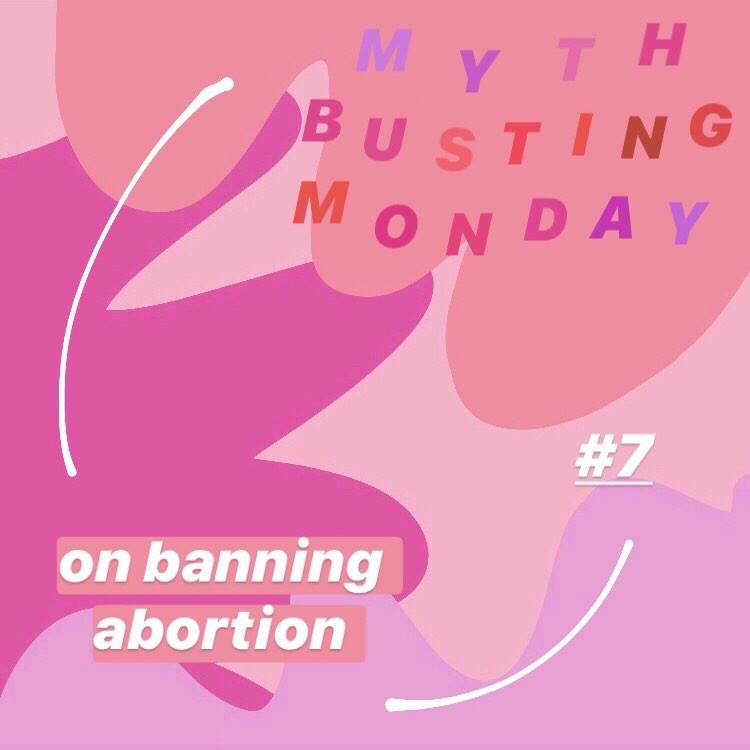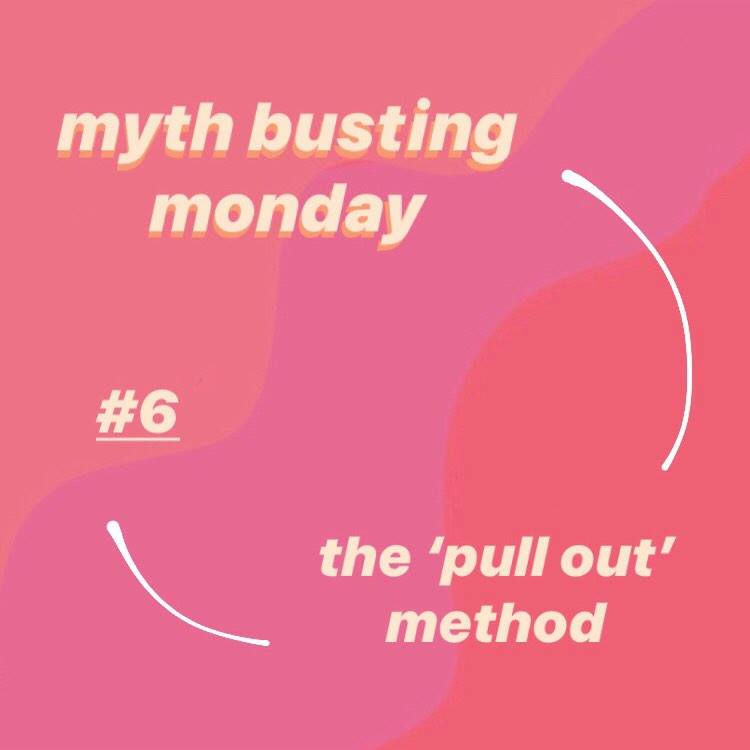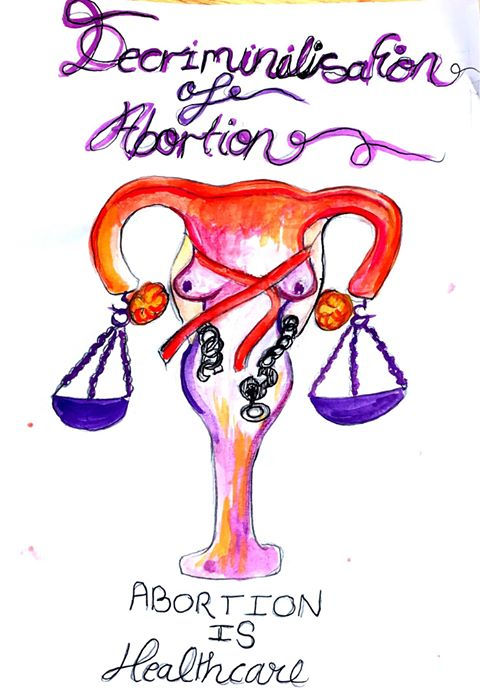It is time to legalise the world's oldest profession
- VOICE FOR CHOICE
- Jul 6, 2020
- 3 min read
Article by Molly Craddock (she/her)
Imagine a job where there are no health and safety guarantees, where there are no workers rights, no sick pay, no holiday pay, no assurance of pay at all, no maternity leave, nobody to report abuse to, and no guarantee of surviving a shift. No, this does not belong in some capitalist totalitarian state these are the conditions that sex workers all over Britain are forced to operate under.
In the UK although it is legal to buy and sell sex, brothel keeping, soliciting, kerb walking and many others forms of sex work are still criminalised. This makes it near impossible to be a sex worker without breaking the law. However, without the protection of the law risking your life is then all in a day’s work.
The mortality rate for sex workers is 12 times higher than the national average! The reason for this is because the criminalisation of sex work forces individuals into increasingly dangerous circumstances in order to make a living. In fact, policing often puts sex workers in vulnerable positions. Many individuals are forced to work in remotes areas to avoid police patrolling. This leaves them vulnerable to attacks, robbery, and assault. Additionally, if these crimes do take place, they are unable to report them to the police as to do so would be to implicate themselves as criminals.
Legislation also makes it difficult for sex workers to build up a community and protect one and other. In the UK brothel keeping is illegal, but this law goes beyond banning brothels. It essentially bans sex workers from living with each other. This is because a brothel is legally defined as two or more sex workers sharing the same property. In order to avoid arrest for ‘brothel keeping’ sex workers cannot live with each other. Yet finding housemates as a sex worker is not an easy feat when many are uneducated and unsupportive of such work. This often leaves sex workers isolated, alienated from a community of people who could support one and other, and most alarming extremely vulnerable.

The criminalisation of sex work also disproportionately hurts those who are already vulnerable in society. Poverty is a core reason for turning to sex work. The policing of this creates an inescapable cycle of poverty as the punishment for being involved in the trade is nearly always fines. This pushes sex workers back into poverty and their subsequent criminal records make it increasingly difficult for them to find other forms of employment. Moreover, migrants, transgender people, and people of colour are not only more likely to be sex workers they are also more likely to be arrested or harmed because of their work.
Decriminalising sex work is not some leftist hippy fantasy, in fact it has been proven to work! New Zealand decriminalised sex work in 2003 and has since proven it is an effective means of ensuring rights for sex workers. The International Union of Sex Workers campaign for it but if you won’t believe it straight from the horse’s mouth so do the World Health Organisation and Amnesty International. With evidence and experts calling for its legalisation and a demand for sex work evident in its universal and constant presence, one question arises. Who is the criminalisation of sex work really protecting? Because it seems to me the only people it serves are those with an outdated view of morality and a need to control the bodies of others.
REFERENCES:
https://amp.theguardian.com/society/2019/feb/28/decriminalise-sex-work-to-protect-us-from-prostitutes-say
https://eachother.org.uk/decriminalise-sex-work-to-protect-the-right-to-health/



Comments